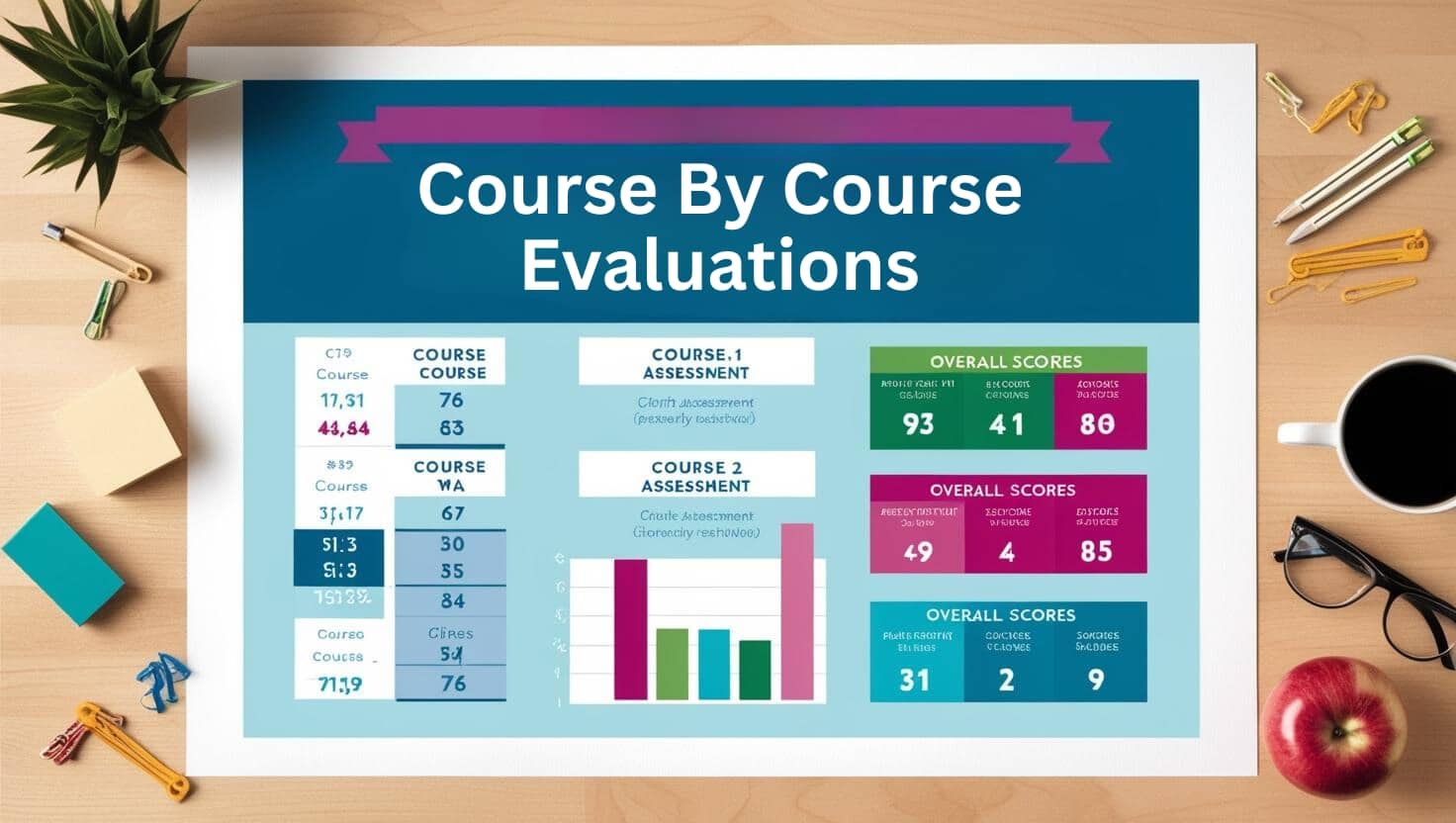Introduction
In today's competitive task market, the shift from class learning to real-world application is more important than ever. Trainees and professionals alike are looking for methods to translate their work experiences into academic credits. This article explores the intricate https://internationalevaluations.com/expert-opinion-letter/ procedure of evaluating work experience for education credit, highlighting its significance in individual and expert advancement.

As we delve into this topic, we will discuss numerous elements of scholastic credential evaluation, international credential examination services, course-by-course credential examination, and how they connect to work experience assessment. Additionally, we'll explore expert viewpoint letters and business plan examinations as part of this complex journey.
From Classroom to Career: Examining Work Experience for Education Credit
The bridge between class education and profession success typically involves acknowledging the worth of practical experience. Numerous trainees build up substantial work experience during internships or part-time tasks that may not be officially acknowledged by universities. However how can one ensure that these experiences count toward their scholastic credentials?

Why Examine Work Experience?
Evaluating work experience is essential for numerous factors:
Recognition of Skills: It validates the abilities acquired through hands-on experiences. Enhanced Employability: Employers increasingly look for candidates with practical understanding alongside official education. Personal Growth: Acknowledgment of past experiences enhances self-confidence and encourages lifelong learning.Types of Credential Evaluation
Understanding the different kinds of credential evaluations available can help people browse this procedure effectively.
Academic Credential Evaluation
Academic credential evaluation examines foreign academic qualifications against developed standards in another country. This procedure is essential for global trainees or employees aiming to prove their educational background.
International Credential Examination Services
These services concentrate on examining foreign credentials and determining their equivalency in the host nation's academic system. They supply reports that outline the level and type of education got abroad.
Course-by-Course Credential Evaluation
This detailed analysis breaks down each course taken during a degree program, providing insights into grades made and credit hours completed. It's particularly helpful for students looking to move credits between institutions.
Work Experience Evaluation
Work experience evaluation functions as an approach to officially assess non-academic abilities acquired through employment or volunteer activities. Here's how it works:
Documentation: Individuals need to collect documents such as task descriptions, performance reviews, and any relevant certifications. Comparative Analysis: The critic compares this information against established educational competencies. Outcome: The outcome might result in scholastic credits awarded based on shown knowledge and skills.The Role of Expert Viewpoint Letters
A specialist viewpoint letter can bolster your case when seeking credit for work experience. These letters typically come from market experts who can vouch for your abilities and contributions in a specific field.
What Ought to an Expert Opinion Letter Include?
- An overview of your function in the organization Specific abilities you developed How your experiences relate to academic outcomes
Having a specialist endorse your abilities not just lends reliability but also boosts your total portfolio when getting sophisticated research studies or positions.
Business Plan Assessment as a Learning Tool
Creating an organization strategy can be an outstanding way to showcase your understanding of theoretical ideas used in real-world circumstances. A thorough assessment of a service plan might highlight competencies such as tactical thinking, financial preparation, and market analysis.
FAQs
1. What kinds of work experiences qualify for academic credit?
Typically, work experiences that directly associate with your discipline or demonstrate transferable skills are qualified for academic credit.
2. How do I find international credential evaluation services?
You can search online directory sites or speak with educational institutions that typically have partnerships with reliable credential evaluators.
3. Exists a cost related to getting an expert opinion letter?
Yes, numerous specialists charge for their time invested writing these letters; however, some might offer them pro bono depending on the situation.
4. Can I receive credit for overdue internships?
Absolutely! Unsettled internships often offer indispensable experience and can be evaluated similarly to paid positions.
5. For how long does the credential examination process take?
The timeline differs based on the service utilized however normally varies from a couple of weeks to numerous months.
6. Exist specific documents needed for course-by-course evaluations?
Yes, you will need records from all post-secondary organizations participated in, together with comprehensive course descriptions when possible.
Conclusion
Transitioning from classroom understanding to career readiness requires acknowledging the importance of practical work experiences in education credit examinations. As we have actually checked out in "From Classroom to Career: Assessing Work Experience for Education Credit," both students and specialists stand to get substantially by leveraging their real-world experiences towards their academic goals.
By making use of different types of examinations-- be it through academic credential examinations or expert viewpoint letters-- individuals can improve their qualifications while promoting long-lasting learning principles that adhere carefully to today's dynamic workforce demands.
In summary, embracing both theoretical understanding from classrooms together with experiential knowing gained through expert engagements creates well-rounded candidates all set to tackle the obstacles ahead in their careers.